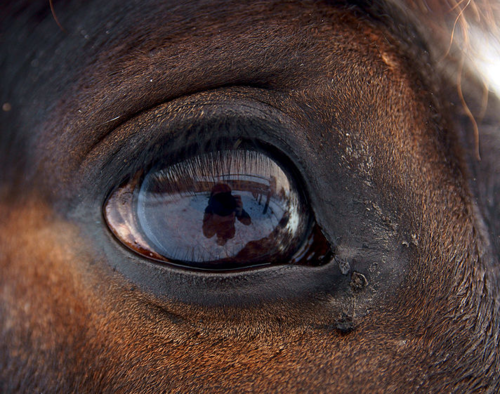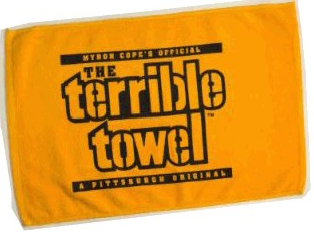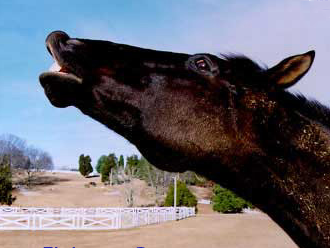I have to say, I’ve never uttered those three words in my life, but I am tonight. It all started with an email I got this morning. In January I’d entered the Northeast Ohio Romance Writers of America’s (NEORWA) Cleveland Rocks Romance Contest. The big draw for the contest was it was only open to unpublished authors, and you didn’t have to submit a synopsis, just the first 20 pages or so of your story. (I love writing my novels, but I’ve resisted writing a synopsis. I’ll have you know I’ve written one over the past weeks. It was a Herculean effort, but now that I’ve done it, I feel like maybe I can split a few atoms in my kitchen.)
Over this past weekend, for whatever reason I remembered that they were going to announce the finalists in April, and I checked the website. Sure enough, April 4th was the big day. I wish I hadn’t looked, because then I was bummed on Monday (the 4th) when I didn’t hear anything. I hadn’t counted on anything, but certainly I had this tiny glimmerette of hope. When I didn’t hear anything, I thought, “Oh, it’s just a contest from CLEVELAND, for heaven’s sake. They can’t even keep their river from catching on fire.” (This was somewhat easier to think because I’m a Steeler fan.)
And then, and THEN, I got an email today (April 5th) telling me I’m one of three finalists in that wonderful contest from that wonderful city! The final judge is Alicia Condon, a romance editor at Kensington Publishing. I just hope Alicia likes movie stars and horses! I’ll know if I’ve won on May 14th, when the NEORWA has its annual Cleveland Rocks Romance Conference.
Now, I have no idea how many entries the Cleveland Rocks contest attracted. But I don’t care. I feel terrific that I am a finalist in the very first writing contest I’ve ever entered, so I’m just going to pretend there were FIVE MILLION entries. The great thing about this is, now I can say in my query letters that I was a finalist in a contest, and the final-round judge—an editor at a major independent publisher—will be forced to read the beginning of my novel!
Cross your fingers, press your thumbs (if you live in the Czech Republic), light some candles, send Ms. Condon a new iPad, whatever you have to do. Help me win!!
And, as always, thank you for your support.
Speaking of contests, my lovely friend and brilliant romance author, Joanne Kennedy, has an even bigger reason to celebrate. Her ONE FINE COWBOY was nominated for a RITA award, the Oscar of the romance novel world. I am soo happy for her, I feel like I was nominated! Yes I’m happy because I know a RITA nominee (which is really fun), but mostly because she is one of the nicest people on the planet. (And also because there’s all kinds of natural horsemanship in her book. Can you say “serendipity”?)









